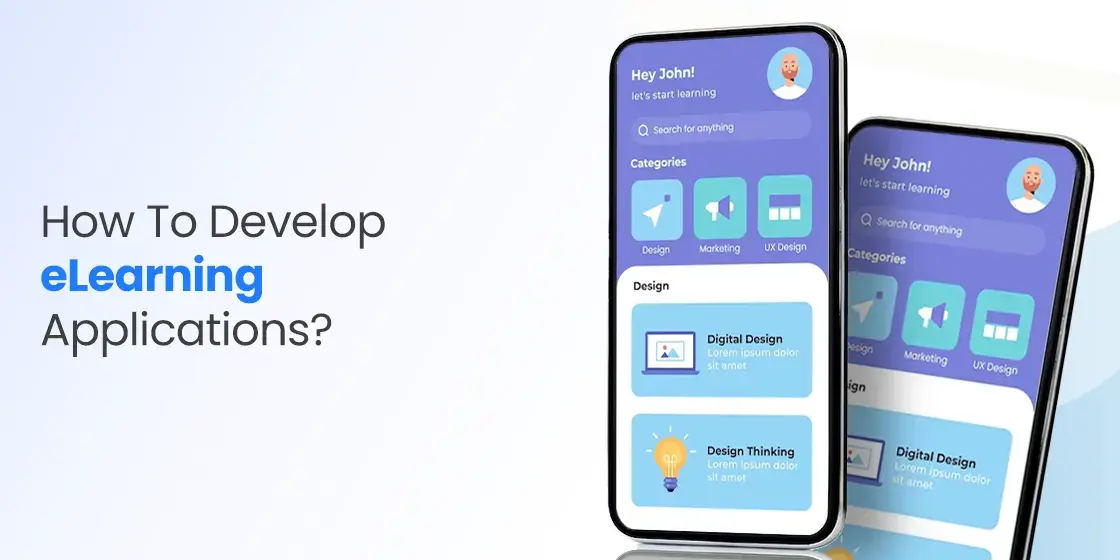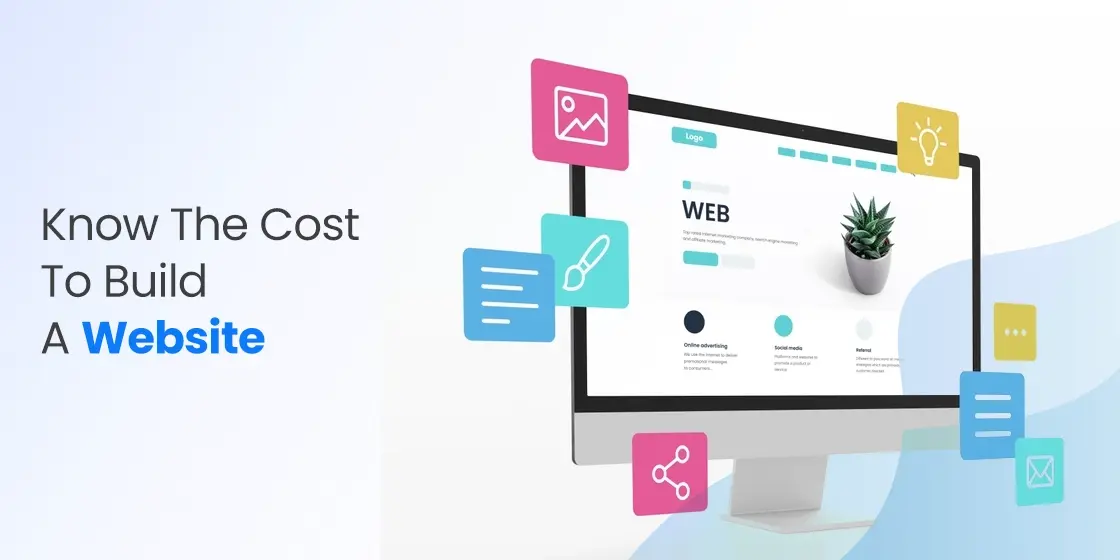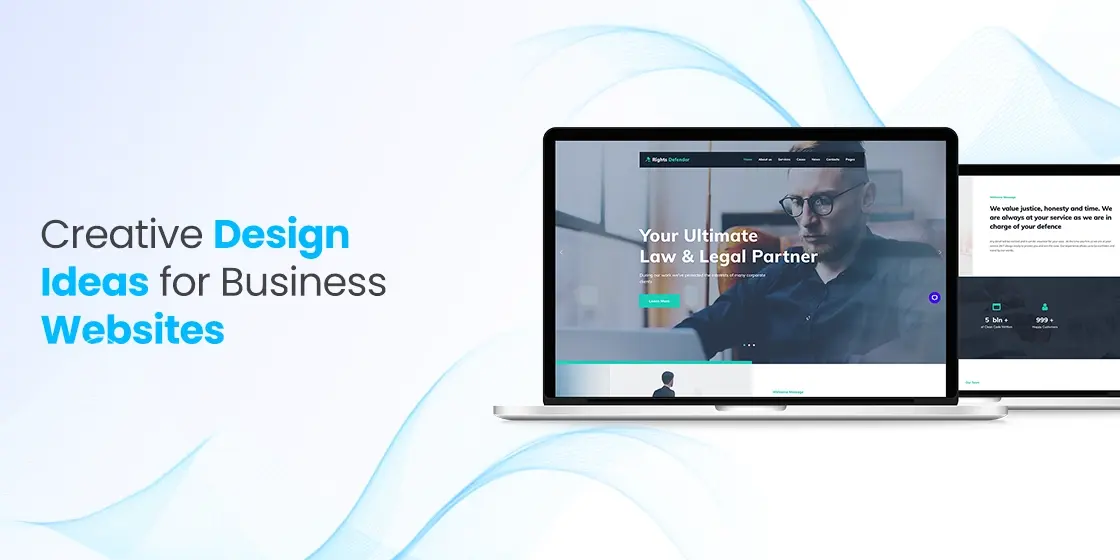Table of Content
Best Practices to Develop a Quality eLearning App for Online Students
Numerous educational institutions are increasingly transitioning to online platforms to accommodate a larger number of students. Recognizing the immense potential of the online learning, these institutions aim to harness its capabilities through effective strategies. A pivotal aspect of this transition is the creation of an eLearning app to serve as an online educational platform. Unfortunately, many institutions do not know how to create an eLearning app due to technical obstacles. They lack the core knowledge of development, which is something necessary for these kinds of projects.
While some may perceive app creation as a straightforward task, the complexity arises when intricate features are necessary. To successfully undertake such projects, seeking professional mobile app development services tailored to specific requirements becomes imperative. Opting for these services ensures the development of a sophisticated eLearning app without compromising on essential features.
For those inclined to build their own apps, particularly for eLearning purposes, acquiring fundamental tips for Learning Management System (LMS) development is crucial. This knowledge proves valuable in constructing a flawless platform without errors.
In this blog, we will delve into a comprehensive guide on creating an eLearning app, illustrating the essential prerequisites for this online application. Let’s start by establishing a foundational understanding of the core definition of an eLearning platform below.
What is an eLearning App?
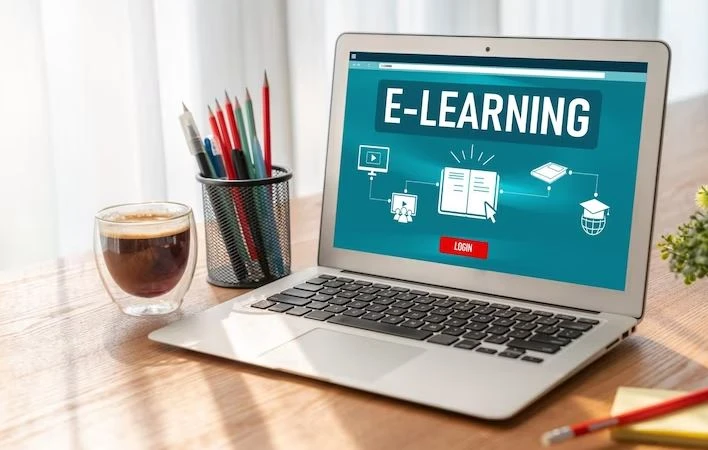
In the era of digital technology, a shift towards online platforms is evident across various sectors, including retail, healthcare, and education. Notably, the education sector has experienced a significant surge in online engagement. The integration of online Learning Management System (LMS) platforms has facilitated the transition of many institutions to the digital medium. These institutions are opting to create eLearning websites to reach a broader audience efficiently.
E-learning websites and apps offer seamless access to diverse learning materials, proving particularly crucial for students situated in remote locations. Unable to physically attend a specific educational center, these students can swiftly access their courses through online platforms. This accessibility stands out as a key advantage, enabling institutions to cater to a wide audience and streamline learning experiences.
Given these substantial benefits, educational institutions are actively prioritizing the development of online LMS platforms by working with renowned software development companies in Dubai. Recognizing that eLearning websites represent the future, institutions are incorporating them into their business strategies to derive maximum advantages from the evolving industry landscape.
Core Significance of an eLearning App
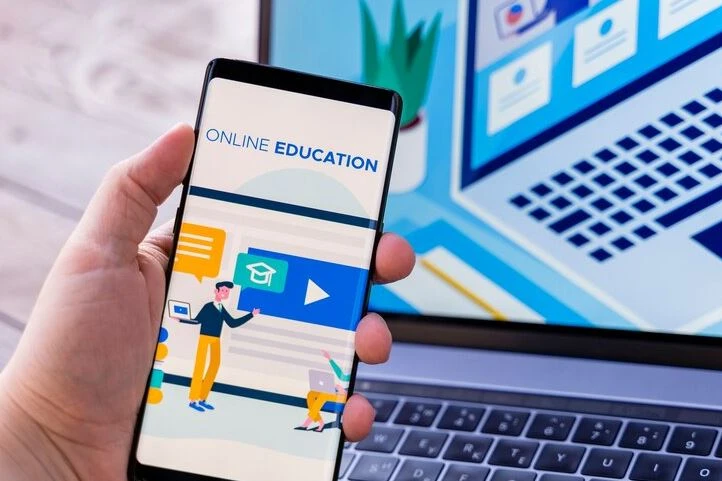
The significance of developing eLearning apps for educational institutions cannot be overstated. Embracing this trend is imperative for institutions seeking to tap into online traffic and expand their market presence. These platforms offer a unique opportunity to reach a vast audience beyond their physical location, allowing institutions to establish a robust market presence. This advantage proves crucial as it enables effective self-promotion without relying on traditional marketing methods.
For students, the benefits of these Learning Management System (LMS) platforms are substantial. As mentioned earlier, some students may not be in close proximity to the educational institution, making remote access to learning materials essential. eLearning apps provide them with convenient access to study materials, overcoming the challenge of distance and ensuring they can engage with the required subjects.
In essence, eLearning websites and apps bring benefits to both educational institutions and online students, streamlining the learning process for everyone. This approach facilitates maximum audience reach, allowing individuals to avail themselves of educational opportunities from the comfort of their homes.
How to Create an eLearning App: Important Points to Remember
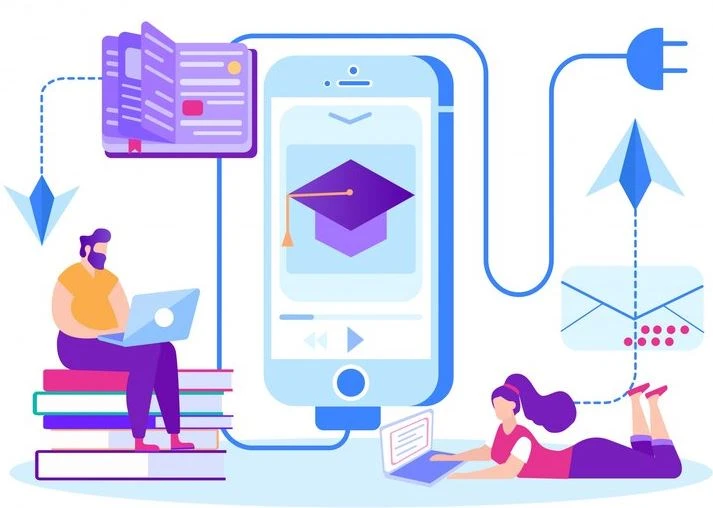
Due to lack of market knowledge and technical acquaintance, many educational institutes do not know how to create an eLearning app. This blog is therefore written to let them understand the basics of eLearning app development. Let’s take a look at the key points defined below.
Analyze the Market
Market research is quite important before starting any development project. This initial step is imperative for everyone involved in project development, serving as a fundamental prerequisite. The essence of this research lies in gaining insights into the ongoing projects within the market, allowing individuals to draw inspiration from existing initiatives. Those who neglect to conduct thorough research before delving into a project often encounter obstacles during the development process. Such individuals may initiate projects based on arbitrary ideas, leading them inevitably toward failure.
To circumvent the pitfalls associated with inadequate planning, it is highly advisable to prioritize comprehensive market research. This proactive approach enables a comprehensive understanding of the prevailing industry practices, shedding light on how a project, particularly a mobile app, should be developed using contemporary methodologies. By examining various Learning Management System (LMS) implementations available in the market, one can glean valuable insights into the latest trends in software development.
Engaging in market research is not merely a perfunctory task; it is a strategic imperative that can profoundly impact the success or failure of a project. The endeavor extends beyond a cursory examination, offering a nuanced understanding of market dynamics, best practices, and emerging trends. Armed with this knowledge, project initiators can navigate the development landscape with a heightened sense of purpose and clarity, significantly enhancing their chances of delivering a successful outcome.
Choose Development Method
Understanding the significance of choosing an appropriate software development process is imperative for every developer. This strategic decision serves as a guiding framework, enabling developers to stay on track even when faced with challenging tasks. Failure to adhere to a specific methodology often leads to confusion during application development, irrespective of whether it’s a straightforward app or a complex software system. Every application, regardless of its complexity, benefits from a well-defined development process, offering a range of functional advantages that contribute to efficient development work.
Just like restaurant app development, the selection of a suitable software methodology also becomes paramount in eLearning app development. Unlike simple applications with limited features, eLearning apps constitute comprehensive Learning Management System (LMS) platforms encompassing advanced functionalities. As a developer undertaking such a project, meticulous planning is essential due to the heightened focus required on the project’s objectives.
Developers venturing into eLearning app projects must recognize that the nature of these applications demands a meticulous approach. The chosen software development methodology should seamlessly integrate with the project’s intricate requirements, facilitating the effective management of tasks throughout the development lifecycle. By aligning the development process properly, teams can enhance their ability to navigate the complexities inherent in such comprehensive systems, ultimately contributing to the successful realization of project objectives.
Select App Styling
Having finalized the working procedure, the next pivotal step involves meticulously planning the visual aesthetics of the eLearning app. This crucial phase necessitates the careful selection of a template or theme, which essentially defines the core visual style of the eLearning app. The template serves as the initial visual impression for visitors, making it imperative to design it intelligently in accordance with prevailing market practices. While it is ideal to enlist the expertise of a skilled web designer for this task, individuals with the requisite knowledge can also undertake template creation independently.
While choosing a template, it becomes paramount to align it with the branding theme of the organization. The template should seamlessly integrate with the established brand identity, avoiding any divergence that might confuse or disorient visitors. Unfortunately, there is a tendency among designers to opt for random templates that lack a coherent connection with the brand. Such an approach should be diligently avoided, emphasizing the importance of selecting templates that resonate with the organization’s background and overall branding strategy.
The process of template selection extends beyond mere visual appeal; it should encapsulate the essence and identity of the organization. An astutely chosen template contributes to a cohesive and engaging user experience, reinforcing the brand’s image and fostering a connection with visitors. Thus, the template serves as a crucial element in shaping the platform’s visual identity, emphasizing the need for a thoughtful and brand-aligned selection process.
Build a Simple Interface
The importance of crafting a user-friendly interface (UI) cannot be overstated when it comes to mobile app development. An easily comprehensible UI plays a pivotal role in facilitating user navigation, ensuring that visitors can effortlessly explore and navigate through the app without encountering significant difficulties. Mobile apps built with complex and convoluted UI designs tend to drive users away, as the innate nature of intricate interfaces is inherently unappealing.
For those lacking proficiency in the basics of User Experience (UX) design, there exists a wealth of tutorials accessible on the internet. These resources serve as valuable guides, imparting knowledge about various principles governing user interface design. In addition to tutorials, examining popular Learning Management System (LMS) platforms currently prevalent in the market provides insightful exposure to diverse approaches in eLearning user interface creation.
The pursuit of a user-friendly UI demands a proactive approach to learning and observation. Leveraging online tutorials and exploring existing LMS systems not only equips developers with foundational knowledge but also exposes them to evolving trends and innovative practices in user interface design. Ultimately, this knowledge empowers developers to create websites and eLearning platforms that resonate with users, fostering engagement and a positive user experience.
Test and Debug the App
After completing the development of an eLearning app, the crucial phase of testing and debugging becomes paramount to ensure the functionality, usability, and overall effectiveness of the application. The initial step in this process involves systematic testing of each component and feature of the app. This includes functional testing to verify that all intended features work as expected, usability testing to assess the user experience, and performance testing to evaluate the app’s responsiveness under varying conditions.
During the testing phase, developers should pay close attention to user interface (UI) and user experience (UX) elements to ensure that the app is intuitive and user-friendly. Usability testing involves scenarios where potential users interact with the app to identify any navigation issues, confusing interfaces, or areas where improvements can be made. Additionally, compatibility testing should be performed to ensure the app functions seamlessly across different devices, browsers, and operating systems.
Upon identifying any issues through testing, the debugging process becomes the focal point. Debugging involves systematically tracing, analyzing, and resolving errors or bugs within the code. Developers utilize debugging tools and methodologies to identify the root causes of issues and implement effective solutions. It is crucial to conduct iterative testing and debugging cycles until the app achieves a high level of stability and performance. Furthermore, feedback from users during beta testing can provide valuable insights, helping developers to address crucial errors.
Key Features Every eLearning App Should Have
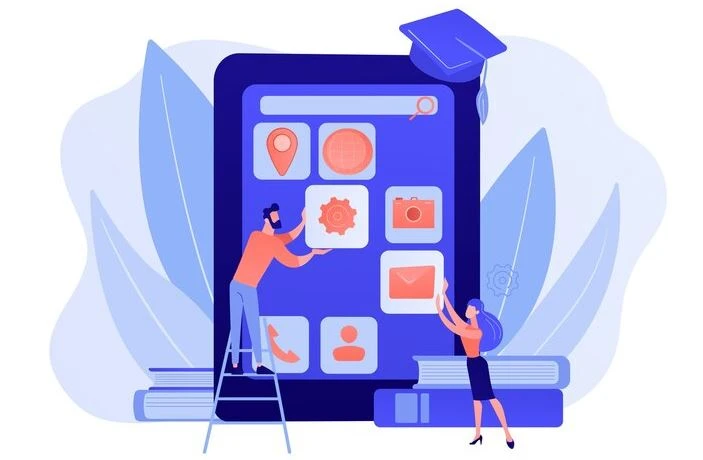
An eLearning app should facilitate users with different types of features. A lot of times, these apps are built with pretty ordinary features, which is why they fail to get attention in the market. If you will develop them with the features defined below here, they will certainly get more traction with the each passing day. Let’s take a quick look at these features below.
Easy App Login
Every app starts with the login page, and if the login process is time-consuming or demands excessive personal information, users may become frustrated. Integrate Google Login for a streamlined and hassle-free login experience. This feature not only saves time but also allows users to access the app using their pre-filled profiles.
Creative Tests and Quizzes
In online learning programs, the integration of tests and quizzes holds paramount importance for multifaceted reasons. These evaluative tools not only serve as a means for teachers to gauge the depth of student understanding but also play a pivotal role in fostering a dynamic and interactive learning environment.
In-app Messaging
Leveraging in-app communication tools, educators have the ability to recognize, prompt, and encourage students to engage with their studies. Through the mobile app, teachers can conveniently send text messages to students, amplifying the impact of mobile learning and bolstering information retention.
Push Notifications
Push alerts play a pivotal role in capturing students’ attention and fostering motivation for learning. Customized notifications that are both relevant and tailored can be dispatched at any time. These push notifications serve as timely reminders, keeping students informed about upcoming tests, quizzes, and other events.
Build Cutting-Edge eLearning Apps and Websites with StruqtIO
StruqtIO is a leading name in the industry of tech and AI innovation in Dubai. We can help you to build advanced eLearning apps integrated with custom-defined features. Our years of experience speaks volume for our work, which is why clients from all over the UAE trust our app development services.
Additionally, our extensive range of services also includes .NET development, cloud integration, software outsourcing, database development, and web development solutions. Since its inception, StruqtIO has consistently held a prominent position in the tech industry, gaining acclaim as one of the leading software companies in the UAE.
Frequently Asked Questions
| What is an eLearning app? An application designed explicitly for online learning is referred to as an eLearning app. It provides various materials accessible for online streaming, offering a diverse range of educational content. |
| Why eLearning apps are increasingly becoming popular? The increasing interest among students has led to a surge in the popularity of eLearning apps worldwide. These apps provide students with the convenience of accessing diverse educational materials from the comfort of their homes. |
| How many types of eLearning apps are active in the market? There are different types of eLearning apps currently active in the market. It includes online learning platforms, eLearning marketplaces, language learning apps and more others. |
Final Words
That takes us to the end of this blog in which we have discussed how to create an eLearning app for online students. These apps are currently quite popular in the market, as many institutions are offering online education services to different students. Using these eLearning apps, everyone can connect with the schools and colleges that are conducting online classes. This blog has discussed some useful tips to develop these apps professionally, allowing you to master the whole process in terms of conceptualization.
However, if you are looking to hire a mobile app development company that could help you to develop these eLearning apps efficiently, get in touch with us today. We will help you to build all types of eLearning apps as per the given requirements.

Empower your digital journey with StruqtIO - Your dedicated partner for cutting-edge custom software development, innovation, and digital transformative solutions. Harness the power of technology to elevate your business and redefine your digital landscape today.
